17 Natural Foods That Boost Health: Stress, Skin, Heart, Brain & More
By VitalWell Hub | Updated September 27, 2025
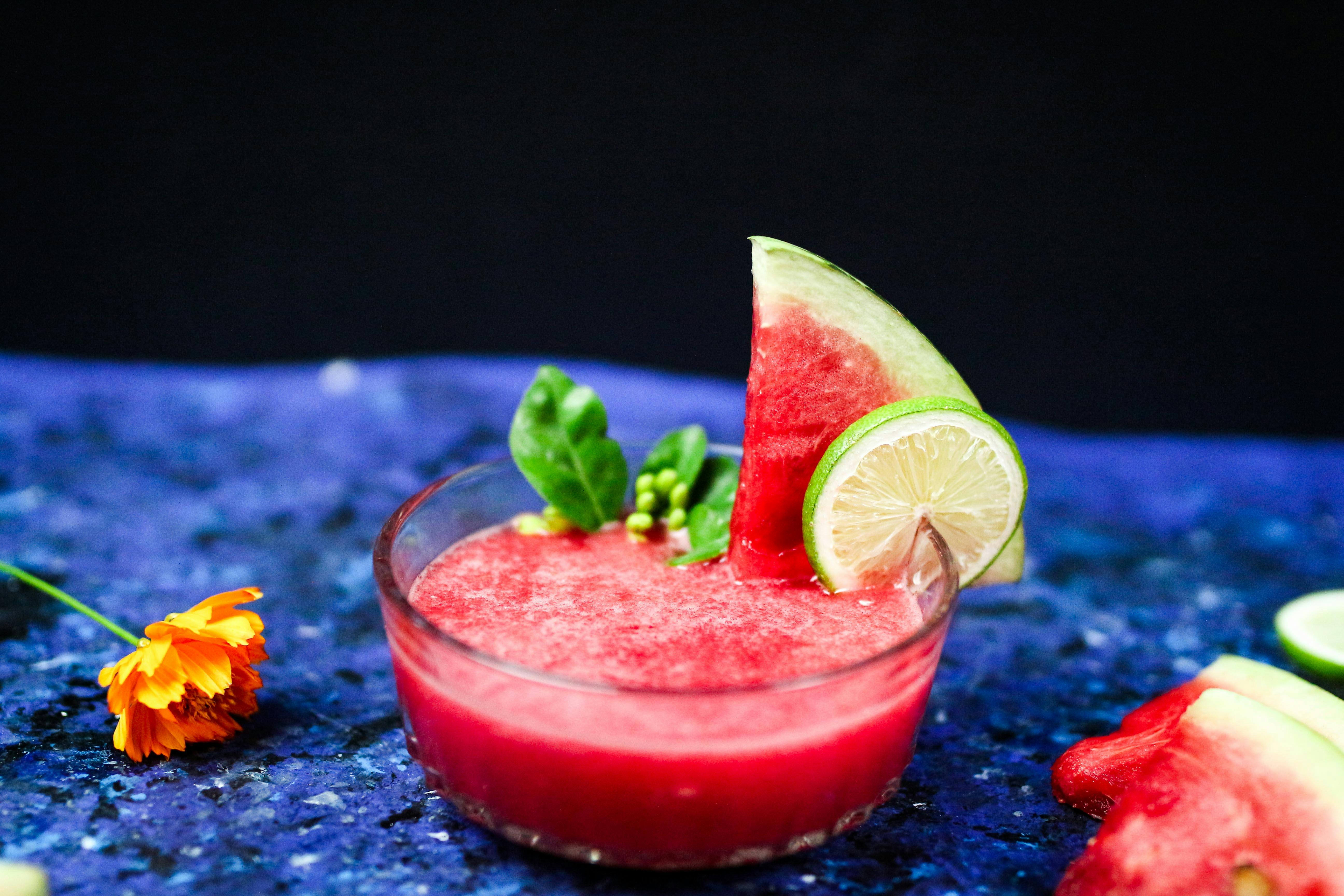
Overview: This guide walks you through 17 targeted food- and habit-based strategies to support stress relief, glowing skin, clear eyes, respiratory health, gut balance, hydration, kidney and heart health, prostate wellness, red blood cell production, sexual health, bone & immune strength, liver support, colon health, whole-body fitness, and brain function. For each topic you’ll find: why it matters, which foods to use (from your list), the mechanisms involved, practical serving suggestions, quick recipes, and evidence-based notes.
Why a Food-First Approach Works
Modern healthcare teaches us that prevention is better than cure. Where possible, shaping daily habits — especially diet — is one of the easiest and most powerful prevention strategies. Food provides macro- and micronutrients that build tissues, fuel the brain, regulate hormones, and feed beneficial microbes. When chosen deliberately, simple ingredients like banana, carrot, garlic and cucumber can deliver measurable benefits. Below we translate each of your 17 items into practical, magazine-style features you can use immediately.
1) Stress — Eat Banana & Watermelon
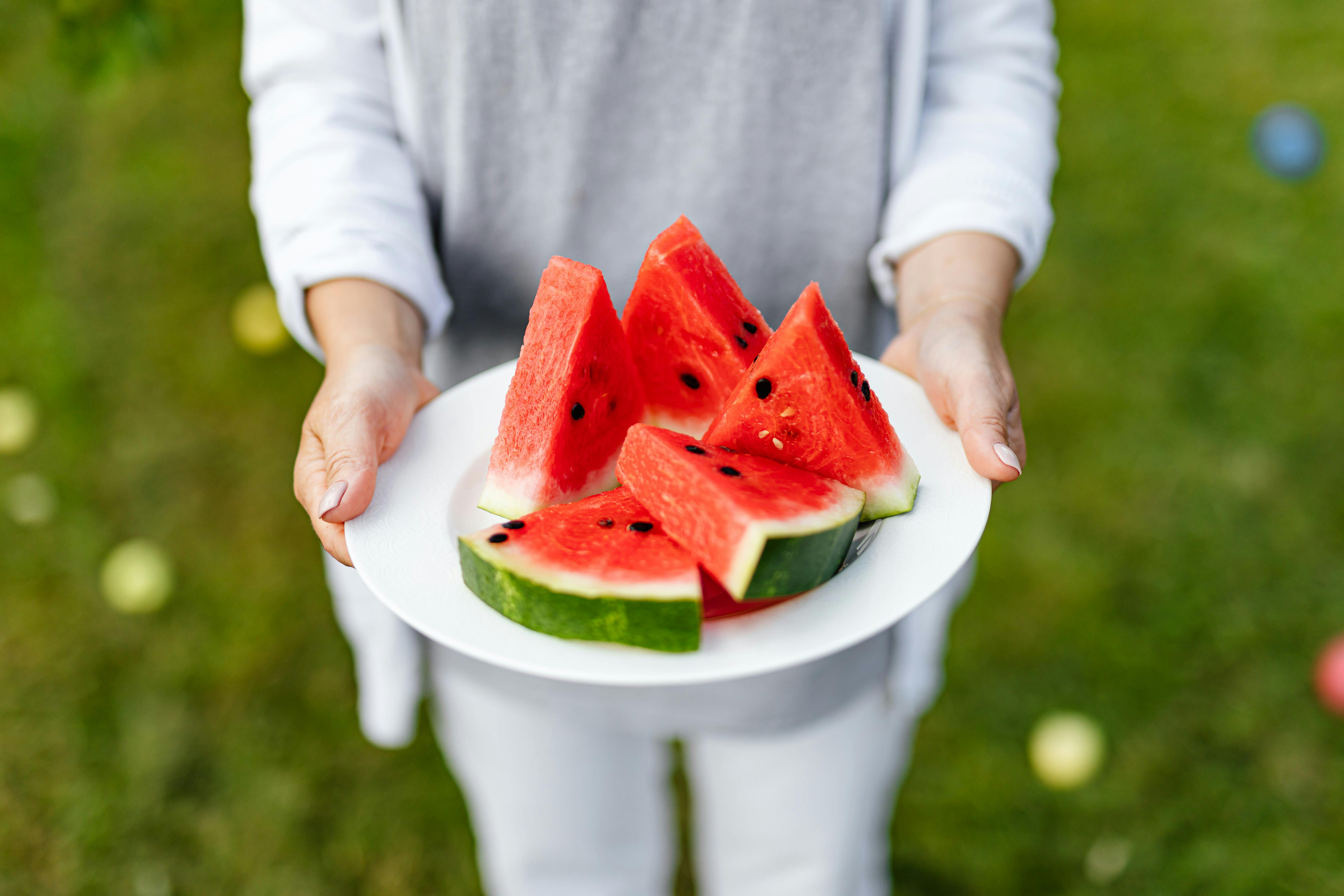
Key nutrients: Vitamin B6, magnesium, potassium, L-citrulline, water (hydration).
Stress elevates cortisol and adrenaline. Foods that help reduce stress typically support neurotransmitter balance (serotonin, GABA), improve sleep quality, and maintain balanced blood glucose. Bananas supply vitamin B6 — essential for serotonin and dopamine production — and magnesium which calms neuronal excitability. Watermelon provides rapid hydration and L-citrulline, an amino acid that supports nitric oxide production and vascular relaxation which can reduce the physical sensation of stress.
Practical tips & recipe
- Morning smoothie: 1 banana, 1 cup watermelon cubes, 1/2 cup yogurt or almond milk, handful of spinach, ice — blend. Drink within 30 minutes of waking if you experience AM anxiety.
- Snack idea: sliced banana with a teaspoon of peanut butter — balanced carbs + fat for steady blood sugar.
- Hydration ritual: keep a chilled pitcher of watermelon water (blended watermelon strained) and sip throughout the day to avoid dehydration-related stress spikes.
Evidence & notes
Studies link magnesium and B-vitamin status with lower anxiety symptoms. Hydration status directly affects mood and cognitive function. These foods are supportive — not replacements for medical care when stress is severe.
2) Skin — Lemon, Apple, Coconut, Carrot & Mango

Key nutrients: Vitamin C, antioxidants, healthy fats, beta-carotene, vitamins A & E, hydration.
Healthy skin requires collagen, antioxidants, healthy fats, and hydration. Lemon supplies vitamin C — critical for collagen synthesis. Apples bring polyphenols and quercetin, which have anti-inflammatory and antioxidant effects. Coconut offers hydration (coconut water) and medium-chain triglycerides (coconut meat/oil) that support skin barrier function and microbial balance. Carrots deliver beta-carotene (pro-vitamin A) that supports skin repair and resistance to photo-damage. Mango contributes both vitamin A precursors and vitamin E-like antioxidant activity.
How to assemble a skin-supporting meal
- Breakfast: warm water with lemon + oatmeal topped with grated apple and diced mango.
- Midday: coconut water smoothie with carrot and mango.
- Topical note: while foods nourish from within, topical sunscreens and moisturizers are complementary when exposed to UV.
Evidence & notes
Vitamin C is a required co-factor for proline and lysine hydroxylation during collagen formation. Antioxidant-rich diets correlate with reduced photoaging and better skin elasticity. Consuming fruits and healthy fats supports skin over time.
3) Eyes — Carrot, Apple & Vitamin A
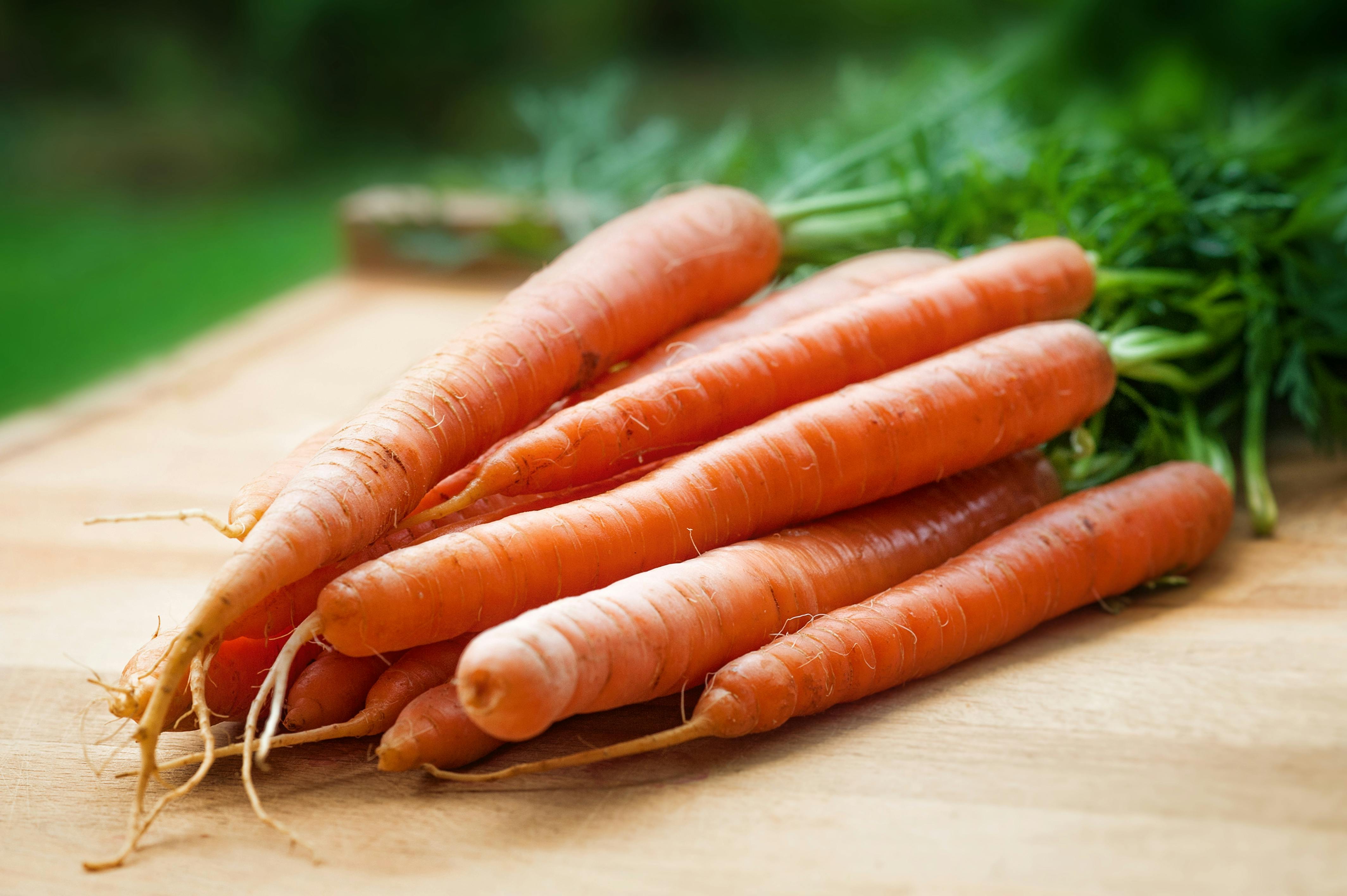
Key nutrients: Beta-carotene (vitamin A), vitamin C, antioxidants, quercetin.
The retina and ocular surface require vitamin A derivatives for photoreception and mucous membrane integrity. Carrots are rich in beta-carotene, the plant precursor to vitamin A. Apples add antioxidant support to protect the lens and retinal tissue from oxidative damage.
Practical guidance
- Snack on carrot sticks and apple slices with hummus for a nutrient-dense bite.
- Include leafy greens and sweet potatoes intermittently for additional vitamin A sources.
- Regular eye exams are important — dietary measures are preventative but not curative for pathology.
Evidence & notes
Vitamin A deficiency leads to xerophthalmia and night blindness. A balanced intake of provitamin A carotenoids supports vision health; excessive preformed vitamin A (retinol) should be avoided in supplements during pregnancy.
4) Cough — Pineapple, Garlic & Ginger

Key nutrients & compounds: Bromelain (pineapple), allicin (garlic), gingerols (ginger).
Persistent coughs are often driven by inflammation and mucus. Pineapple's bromelain is a proteolytic enzyme that can reduce mucus viscosity and inflammation. Garlic has well-described antimicrobial and immune-modulatory properties; ginger is anti-inflammatory and soothes the throat.
Home remedy
- Make a soothing tea: steep sliced ginger and crushed garlic (a small clove) in hot water for 6–8 minutes, strain, add honey and a splash of pineapple juice for taste.
- Fresh pineapple slices between meals can help thin secretions.
- If cough persists >2 weeks, see a clinician — especially if accompanied by fever or breathlessness.
Evidence & notes
Bromelain has been used as an adjunct for respiratory conditions; many studies show ginger reduces cough frequency and throat irritation. Garlic's antimicrobial effects are largely supportive; it should not replace antibiotics when bacteria are proven.
5) Diarrhea — Coconut, Avocado & Cabbage

Key benefits: Rehydration (coconut water), gentle energy (avocado), gut-soothing nutrients (cabbage).
Diarrhea causes fluid and electrolyte loss. Coconut water restores potassium and fluid gently. Avocado provides healthy fats and soluble fiber that help bulk stools without irritating the gut. Cabbage, especially when lightly cooked or fermented, supplies vitamins and compounds that can soothe mucosa and support microbial recovery.
Practical recovery plan
- Immediate: sip coconut water, avoid sugary or caffeinated drinks. Small sips frequently are better than large amounts at once.
- Diet: mashed avocado on plain toast, steamed cabbage, plain rice or porridge until stools normalize.
- Fermented cabbage (sauerkraut) can be introduced cautiously after acute phase to re-seed beneficial bacteria.
Evidence & notes
Oral rehydration and potassium replenishment reduce complications. Avocado's monounsaturated fats provide dense calories for recovery. If diarrhea contains blood, high fever, or severe dehydration, seek medical care immediately.
6) Gut Health — Cabbage, Garlic & Onions

Key components: Prebiotics (inulin, fructooligosaccharides), fiber, polyphenols.
Gut health is maintained by a balanced microbiome and sufficient fiber. Garlic and onions are rich in inulin and FOS — prebiotic fibers that feed beneficial bacteria. Cabbage when fermented (sauerkraut) provides live cultures that support gut flora diversity.
Daily habits
- Include a small serving of raw onion or garlic in salads, or use them generously in cooked dishes for flavor and prebiotic benefit.
- Try fermented cabbage (small servings) and other fermented foods like plain yogurt or kefir if available.
- Consume a variety of plant fibers: beans, whole grains, vegetables to maintain microbial diversity.
Evidence & notes
Prebiotics and probiotics together support gut resilience. Overuse of antibiotics and low-fiber diets reduce microbial diversity — adding these foods back is an effective, low-cost intervention.
7) Hydration — Cucumber, Orange & Watermelon

Key features: High water content, electrolytes, vitamin C.
Hydration influences energy, mood, digestion, and temperature regulation. Cucumber is almost entirely water and contains silica and small amounts of electrolytes. Orange provides vitamin C and potassium. Watermelon complements with fluid and L-citrulline. Together they form a refreshing, low-calorie hydration strategy.
Simple hydration recipes
- Infused water: slices of cucumber and orange in a jug of water — keep refrigerated and sip through the day.
- Hydration salad: watermelon cubes, cucumber slices, mint leaves, and a squeeze of lime.
Evidence & notes
Hydrating foods contribute meaningfully to daily fluid intake and can be especially useful when plain water is unappealing. They are also low in calories compared to many sports drinks.
8) Kidneys — Drink 2–3 Liters of Water, Eat Beans, Tomato & Cucumber

Kidneys require good hydration, controlled sodium intake, and antioxidant support. Drinking 2–3 liters of water daily helps the kidneys flush wastes and reduces the risk of stones. Beans (in moderation, especially if kidney issues exist) supply plant protein and fiber. Tomato offers lycopene, an antioxidant, and cucumber supports hydration and mild diuresis.
Practical guidance
- Spread water intake across the day — do not drink extremely large volumes at once.
- Beans are beneficial for healthy people; if you have chronic kidney disease, follow your clinician’s advice regarding potassium and protein intake.
- Tomato-based salads with cucumber make kidney-friendly side dishes.
Evidence & notes
Hydration and blood pressure control are the most important lifestyle measures for kidney health. If you have kidney disease or are on dialysis, individual dietary restrictions may apply.
9) Heart — Avocado, Beans, Garlic & Onions
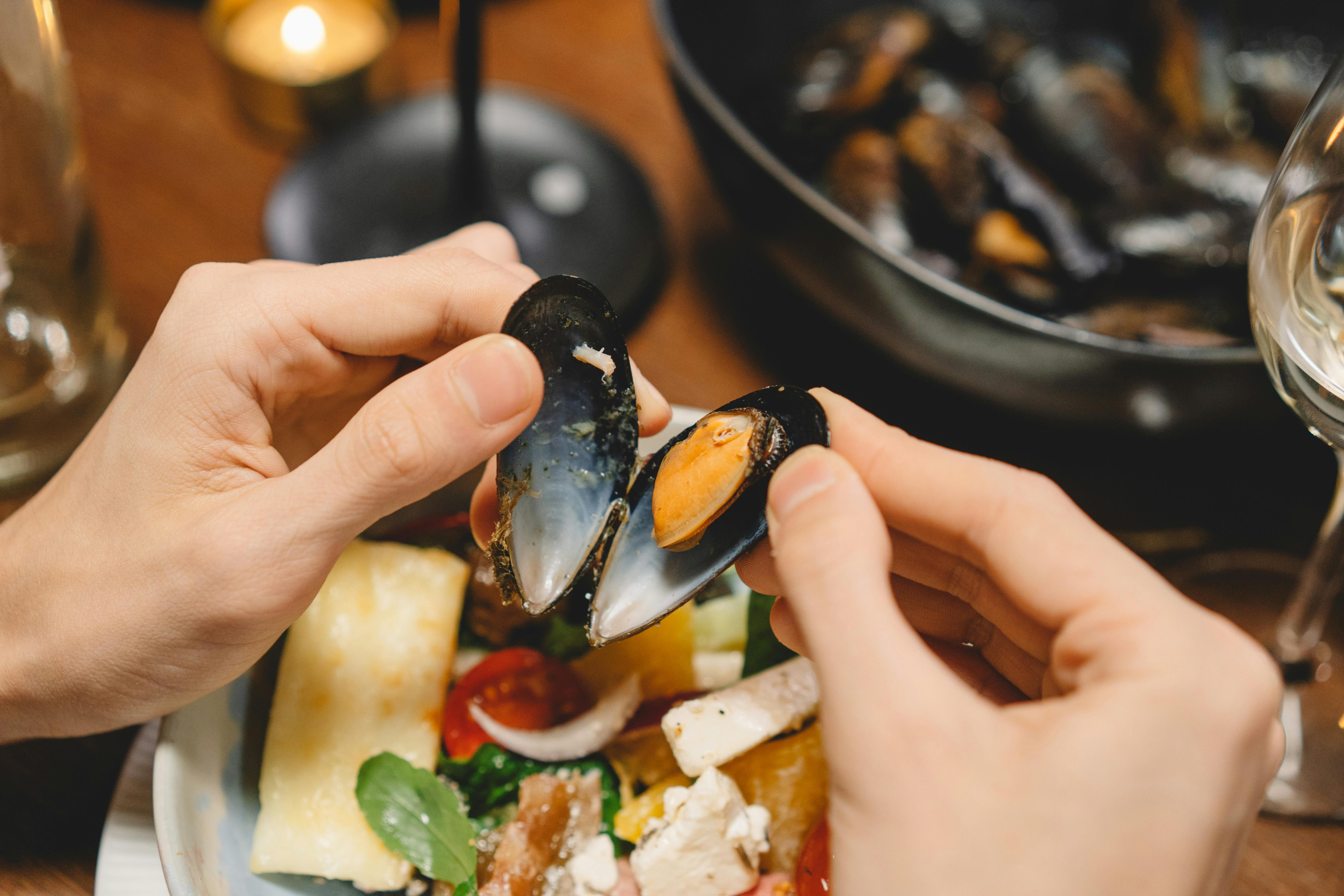
Benefits: Healthy fats, soluble fiber, blood pressure regulation, anti-inflammatory phytochemicals.
Cardiovascular disease prevention centers on improving cholesterol profile, lowering inflammation, and maintaining healthy blood pressure. Avocado delivers monounsaturated fats and potassium. Beans offer soluble fiber to reduce LDL cholesterol. Garlic may lower blood pressure and reduce platelet aggregation. Onions contain quercetin and other flavonoids that reduce vascular inflammation.
Meals to try
- Bean and avocado salad with garlic-lemon dressing and raw sliced onions.
- Roasted garlic spread on wholegrain toast topped with mashed avocado for breakfast.
Evidence & notes
Dietary patterns emphasizing plant foods, healthy fats, and reduced saturated fat are associated with lower cardiovascular events. Garlic supplementation has modest benefits but is best used as part of an overall heart-healthy lifestyle.
10) Prostate — Tomato, Soursop & Carrots & Beans
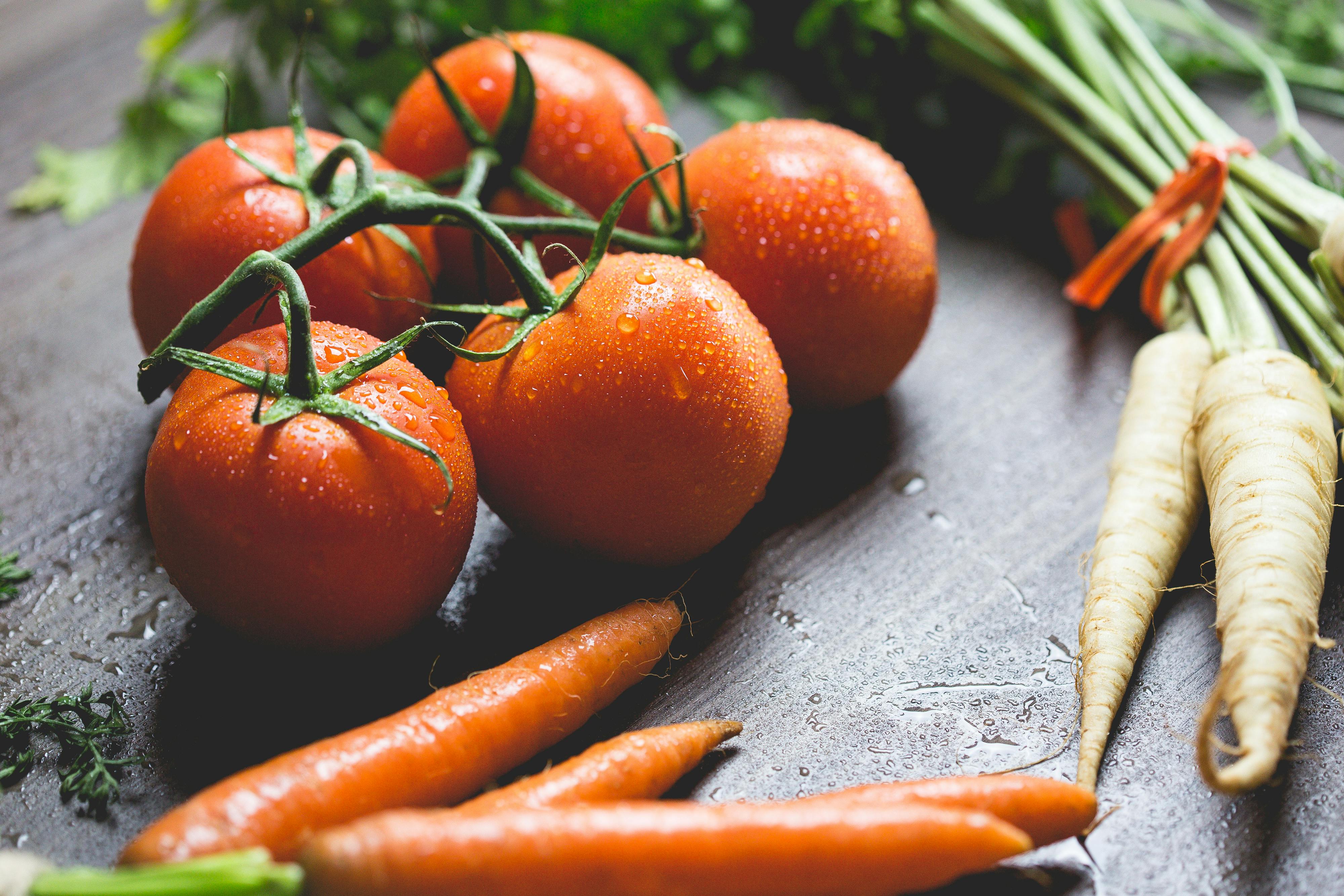
Prostate health is a common concern for men as they age. Nutrients such as lycopene, antioxidants, and anti-inflammatory compounds may help support prostate wellness. Tomatoes are rich in lycopene, a carotenoid linked to reduced prostate inflammation and improved markers in some studies. Carrots provide beta-carotene and vitamin A precursors. Beans add fiber and plant protein, moderating insulin and metabolic markers that can influence prostate health. Soursop (graviola) is a tropical fruit that some cultures use traditionally for health; it contains antioxidants, though evidence is limited and more research is needed on its long-term effects.
Practical tips
- Include cooked tomato dishes — lycopene becomes more available after cooking with a small amount of healthy fat (e.g., olive oil or avocado).
- Eat a rainbow of vegetables including carrots and beans to support general metabolic health.
- Soursop can be consumed as a fruit or juice occasionally — do not rely on it as a sole treatment for prostate issues and consult a clinician if symptoms arise.
Evidence & notes
Lycopene supplementation and higher dietary intake from tomatoes have been associated with reduced risk of prostate issues in some observational studies. Always combine dietary strategies with regular medical screening (PSA tests and clinical exams) as recommended for your age group and risk profile.
11) More Red Blood Cells — Beetroot, Carrot & Cucumber
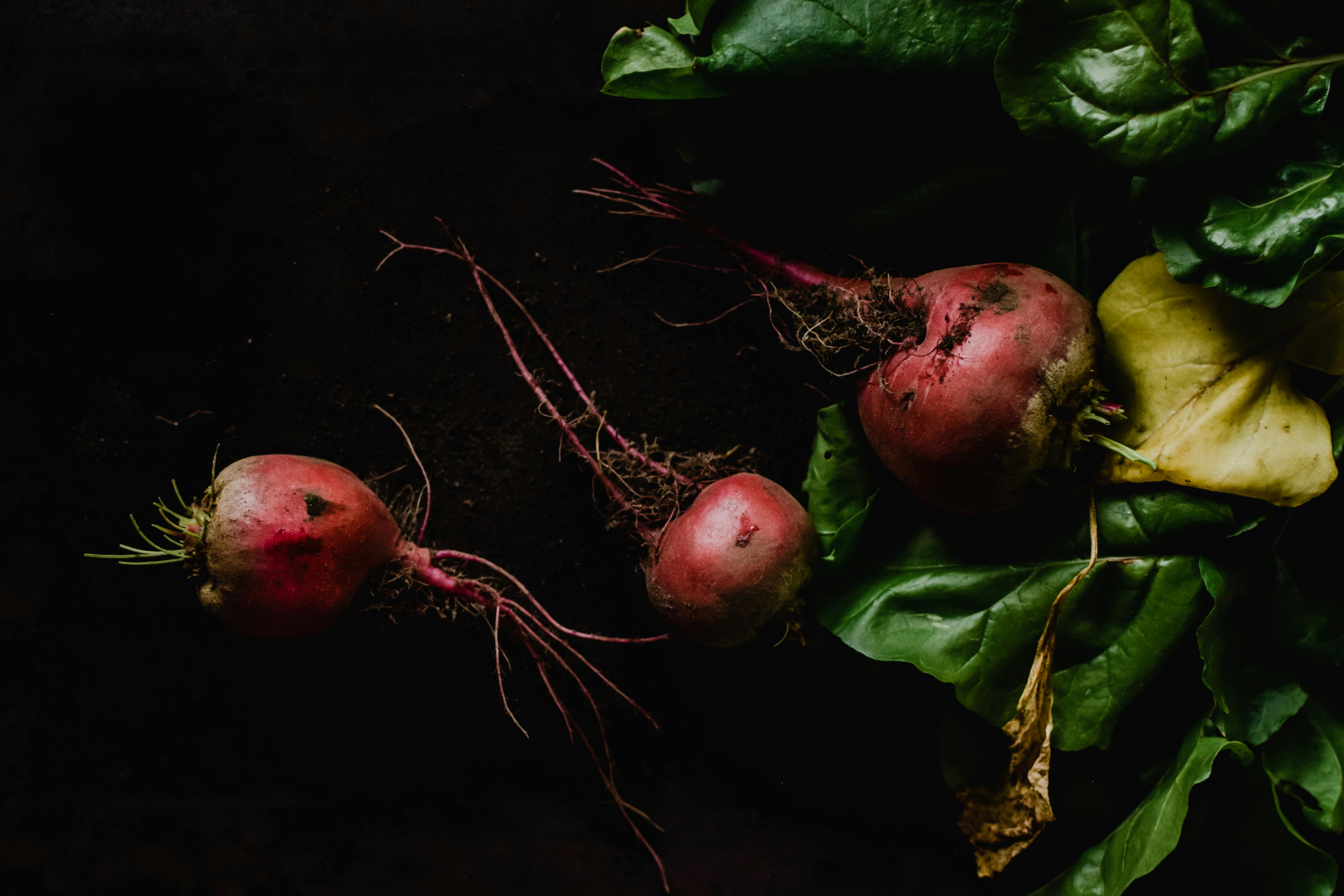
Red blood cells (RBCs) carry oxygen to tissues. Foods that support RBC production are rich in iron, folate, vitamin B12 (animal sources), and nitrates that improve circulation. Beetroot is high in dietary nitrates and folate; it can improve blood flow and support endurance. Carrot provides beta-carotene and some folate. Cucumber adds hydration and small amounts of minerals.
Serving suggestions
- Beet-carrot juice: blend beets, carrots, and a splash of apple for a nutrient-packed drink (consume in moderation if you have blood sugar concerns).
- Include beans and leafy greens for iron and folate; pair with vitamin C-rich foods (lemon, orange) to enhance iron absorption.
Evidence & notes
Dietary nitrates from beets can improve vascular function and exercise performance. For clinically low RBC or anemia, diagnostic testing and targeted treatment (e.g., iron therapy, B12 injections) are essential alongside dietary changes.
12) Good Erection — Watermelon, Carrot, Banana, Egg & Nuts
Eating foods like watermelon, carrot, banana, eggs, and nuts can naturally support strong erections by improving blood flow, boosting nitric oxide production, and enhancing cardiovascular and hormonal health. Watermelon’s citrulline relaxes blood vessels, carrots and bananas improve circulation and hormone balance, eggs support testosterone production, and nuts provide arginine and healthy fats that enhance vascular function. Including these nutrient-rich foods consistently, alongside a balanced diet, hydration, and regular exercise, can help improve erectile performance and overall sexual health.

Comments
Post a Comment
We love your feedback! Please share your thoughts below. All comments are moderated to ensure a positive and helpful community. Spam or inappropriate comments will be removed.